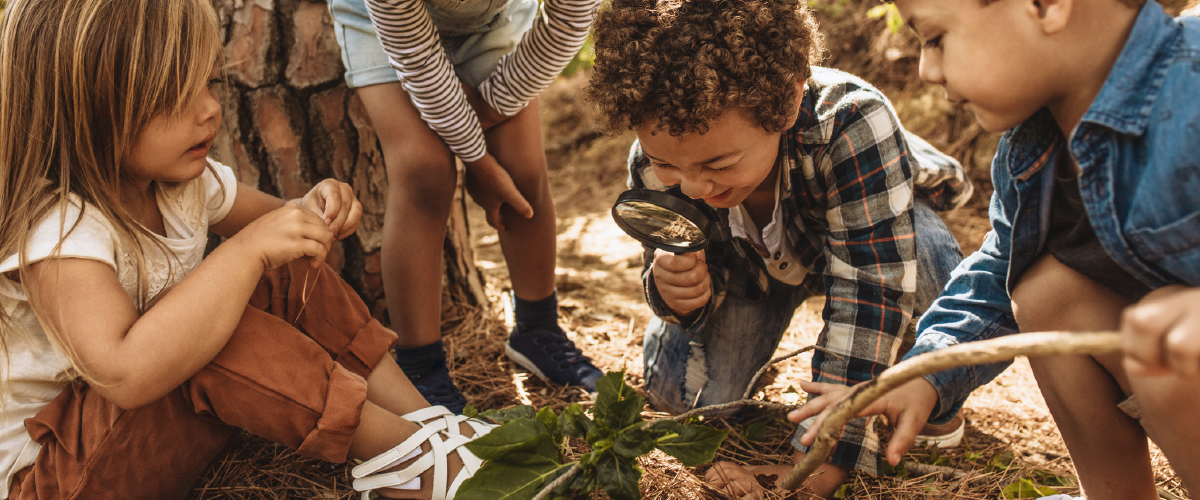Parents, you deserve a medal. During the pandemic, not only did you navigate a major world event, but also kept your family safe, adjusted to working from home and helped kids with remote learning-phew! On top of all that, does anyone remember the struggle to find toilet paper?
Despite all this, one of the most difficult things for parents during the pandemic was not knowing how lockdowns would impact their child’s mental health and social development.
While the long-term effects on social development are yet to be revealed, the impact lockdowns had on kids’ mental health is already startlingly clear.
Depression and anxiety in children have more than doubled since the pandemic started, with one in four children reporting feelings of depression and one in five experiencing anxiety. A UNICEF study on lockdown effects on kids cited fear of infection, uncertainty and disruption of routine as being some of their biggest concerns during the pandemic.
Signs kids might be struggling
Once lockdown ended, kids had to adjust to a world that wasn’t the same one they knew pre-covid.
For some kids these changes were scary and confronting, adding to their stress levels and zapping their confidence.
Here are a few signs your child might be having a hard time adjusting to their new world:
• Separation anxiety
• Trouble sleeping
• Irritability
• Increased aggression
• Difficulty getting along with other kids
• Poor performance at school
• Wanting to be alone
The good news is with the right support kids can start to overcome their fears and fall in love with the outside world again. The first step is building their confidence.

Build your child's confidence
The more confident kids feel, the less they will be held back by fear and doubt and the more resilient they will be.
• Gradual reintroduction: Start building social confidence by encouraging interaction with other kids. You might start with 15 minutes at the park three times a week, allowing kids to develop social skills while adjusting to potential sensory overload.
• Positive self-talk: Notice how your child is speaking about themselves and encourage them to flip any negative self-talk into a more positive, constructive statement. For example, “I’m not good enough to play basketball” might look more like “I’m going to play basketball because it’s fun and I’d like to get better at it”. What a confidence boost!
• Encourage their independence: As their confidence grows, let kids explore and develop their independence. This might mean taking a step back and letting them make their own mistakes (which can be incredibly nerve-wracking!) but is an essential part of their development they might not have had a chance to explore during lockdown. A smartwatch or phone may help with both you and your child’s nerves, knowing you can call each other or view your child’s location if needed.
• Celebrate the wins: If your child goes out of their comfort zone or overcomes a fear, celebrate that moment. The positive reinforcement will encourage them to keep trying, developing that independence and making them more resilient over time.
Be a mirror for behaviour
Kids have a knack of copying the behaviours they see. Just ask anyone who has accidently said a bad word in front of a child- they WILL repeat it!
Likewise, if kids see that you’re calm about things that make them nervous, like going to school or riding their bike to the park, they will be better equipped to deal with their own stress.
By building their confidence and modelling good coping mechanisms, kids will be better equipped to get back out into the world and enjoy being a kid again.
Helpful resources:
Beyond Blue
Kids Helpline
Head to Health

Share:
4 Ways to Help Your Child Overcome Screen Addiction
Brilliant Benefits of Walking to School